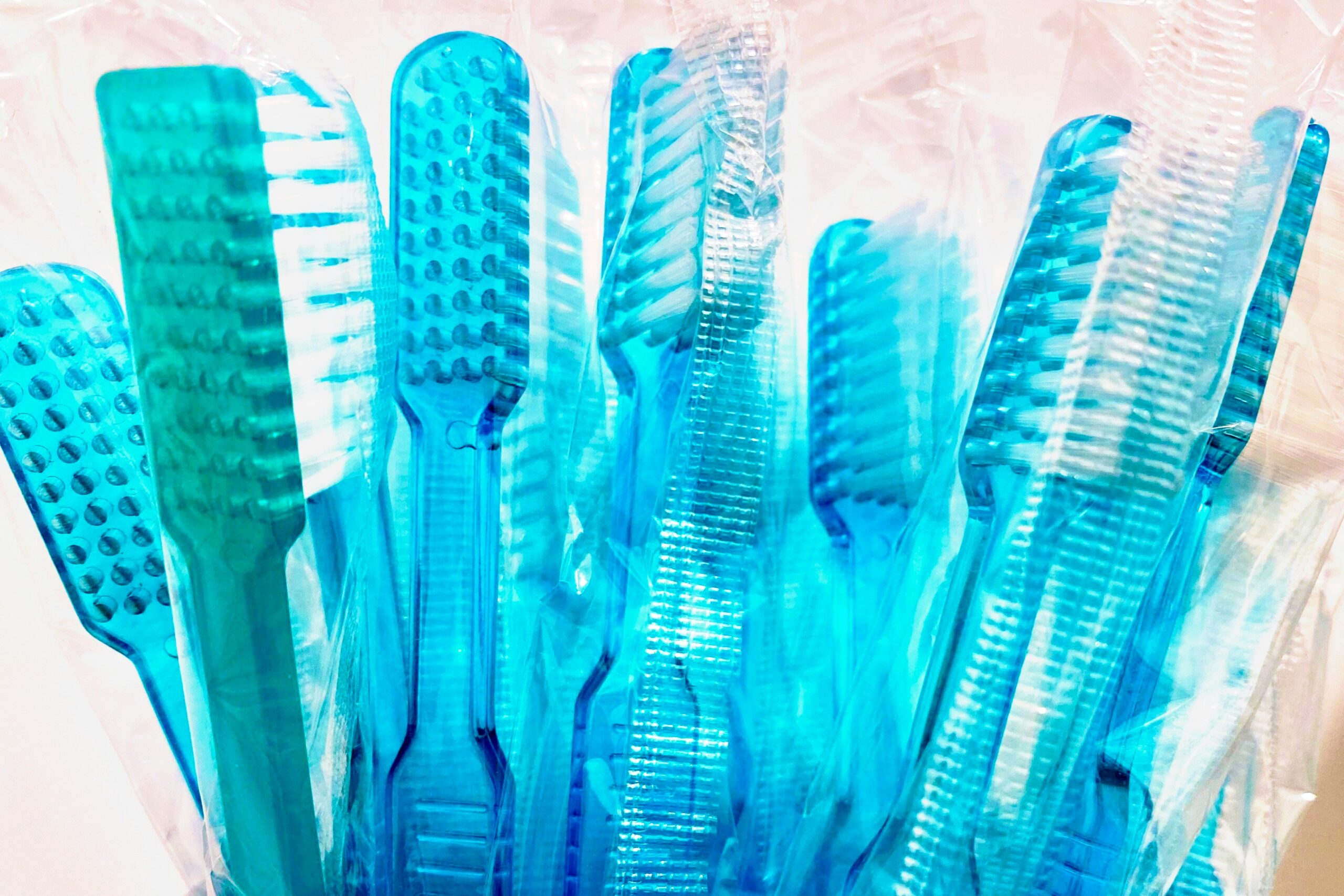According to the Centers for Disease Control and Prevention, tooth decay in children ages 2 to 11 has steadily worsened since 1988. The trouble starts earlier than parents may realize. According to the American Dental Association, about 20 percent of 3 year olds have decay that started when they were age 1 or 2.
For young children, cavities can lead to more than just costly fillings. But establishing good oral habits early can help you and your kids avoid trouble, such as gum disease, tooth decay, erosion, sensitivity, expensive dental treatments like root canals and crowns, even permanent tooth loss when kids become teens and young adults.
Just as important, poor oral health may impact a person’s general health, as well. Studies have discovered potential associations between poor oral health in adults and many other health problems including coronary heart disease, delivery of low birth-weight babies, diabetes, stroke and other medical conditions.
Prevention is the key. Introduce children to proper oral habits as soon as possible. This means children should see a dentist around their first birthday, and brushing should begin when their first tooth appears. Parents should help children younger than age 6 to use their toothbrush. For children younger than 12, parents should help with flossing.
Other Refrigerator-Worthy Tips
Show your kids that practicing good oral health is important and can be fun by doing the same yourself.
Take your children to the dentist regularly— every six months or as directed by your dentist— for routine cleanings and check-ups. This is good for the mouth and the psyche. Kids can build a comfort level with their dentist as a result of routine visits.
Always ask your children if they brushed their teeth before they leave for school and when they are getting ready for bed. Reminders are encouraging.
Remember that a travel toothbrush can be easily packed in your children’s backpack so that they can brush after snacks and lunch while at school. If your children drink soda, provide a straw and ask them to rinse their mouth with water afterwards.
Teach your children how to floss, too. Just as brushing aids in preventing cavities, flossing is crucial for cleaning in between the teeth. Flossing also helps to prevent gum disease, which can contribute to health complications later in life.
Encourage your children to eat breakfast every day. Studies show that children who eat breakfast are less likely to eat sugary snacks throughout the day. Breakfast truly is the most important meal.
Allow your children to pick out their own toothbrushes at the store, giving the chance to choose a favorite color or a toothbrush that has a cherished character on it.
Reinforce to your kids how important brushing is by singing a special brushing your teeth song while they brush.
Leave little treats from the Tooth Fairy every now and then to reward your children for practicing good oral health. Just be mindful that if you are going to give a food treat, consider something healthy, like fruit, cheese or popcorn not coated with caramel.
You should pick a dentist that you and your family like and trust. It makes the experience more enjoyable for everyone.
CIGNA created a Dental Cavity Risk Assessment Tool to help individuals and their dentists identify factors that might increase risk for cavities. The tool is available at www.cigna.com. For parents seeking additional good tips concerning family oral care, head online to check out CIGNA’s dental information and quiz questions.
No matter how parents get their children engaged and interested in practicing good oral health, the result can be a lifelong bright smile and healthy body.




